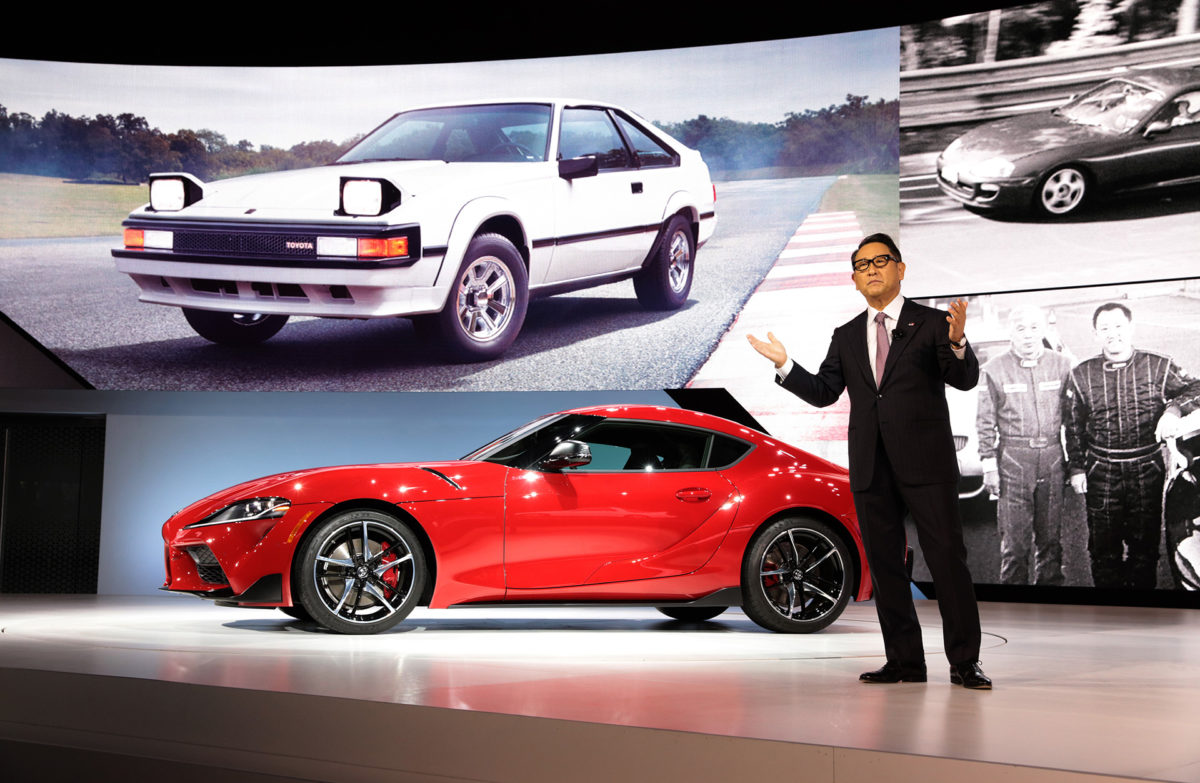Carmaker Toyota and battery giant Panasonic will enter a joint venture and business integration partnership. According to an announcement by the two corporations, a JV company will be formed by the end of next year, pending approval from competition authorities in the relevant regions.
The scope of the operation will reportedly be research and development, production engineering, manufacturing and procurement and the receipt of orders for automotive prismatic lithium-ion, solid-sate and next-generation batteries. The partner companies will move equipment and 3,500 personnel to plants in Japan and China, according to Toyota.
The corporations will seek to fuse their strengths in battery and automotive technologies to become a market leader in battery development, and will coordinate efforts from vehicle planning and conception stages as well as sharing production and engineering resources.
“Uniting with Toyota’s battery and production-engineering technologies provides us an excellent opportunity for being able to evolve our automotive prismatic batteries – which have an established track record of performance and safety – faster than ever,” said Panasonic senior managing executive officer Masahisa Shibata. “Through the electrification of vehicles, we want to accelerate our contribution to the realization of a society of mobility that is kind to the environment.”
EV sales on the rise
Toyota is pursuing an e-mobility agenda and in 2017 announced a goal of selling more than 5.5 million EVs per year. BloombergNEF reported in August that global cumulative EV sales hit the 4 million mark and are expected to climb steeply, with five million likely to have been sold by the end of March. The analysts said China’s introduction at the beginning of this year of a ‘NEV’ quota requiring carmakers to achieve 10% of sales from new energy vehicles, would fire sales numbers.
For Panasonic, the move could help diversify its business. The company supplies battery technology to Tesla and by teaming up with one of the world’s largest automotive companies’, sales numbers for its EV batteries could benefit.
This content is protected by copyright and may not be reused. If you want to cooperate with us and would like to reuse some of our content, please contact: editors@pv-magazine.com.




By submitting this form you agree to pv magazine using your data for the purposes of publishing your comment.
Your personal data will only be disclosed or otherwise transmitted to third parties for the purposes of spam filtering or if this is necessary for technical maintenance of the website. Any other transfer to third parties will not take place unless this is justified on the basis of applicable data protection regulations or if pv magazine is legally obliged to do so.
You may revoke this consent at any time with effect for the future, in which case your personal data will be deleted immediately. Otherwise, your data will be deleted if pv magazine has processed your request or the purpose of data storage is fulfilled.
Further information on data privacy can be found in our Data Protection Policy.